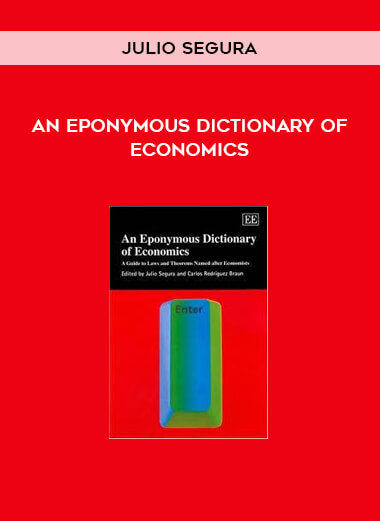Courses Infomation
Salvation Through Inflation by Gary North
 Salvation Through Inflation by Gary North
Salvation Through Inflation by Gary North
Will Inflation Help the Global Economy?
The majority of conservatives disagree, at least until deflation and depression combine to cause widespread unemployment. Then they always add their voices to the chorus pleading for the government to take action. How about the government? As a result, the nation’s central bank is compelled to purchase additional government debt using fiat currency printed at will (or computer entries).
This has been happening at least since 1920. Men won’t likely stop until they are forced to accept a terrible lesson: monetary inflation just delays the final catastrophe. In the first place, monetary inflation is what causes depressions. We won’t enter a new economic and political age unless the majority of people learn to dread price inflation more than they fear price deflation.
The notion that inflation is necessary to sustain the capitalist system has long been pushed by one international conservative movement. The team is known as Social Credit. Since 1917, proponents of this reform plan have made cases against gold, private banking, and free market money. They included a lot of fundamentalist Christians. They took control of the Canadian province of Alberta in the 1930s and remained in power for ten years.
The eminent Austrian economist Ludwig Von Mises stated in 1949 that to challenge Social Credit economics is to challenge the inflationary practices of all contemporary governments. However, since the 1930s, no book had dared to question the economics of Social Credit until Salvation Through Inflation.
Ideas of social credit have migrated from England to South Africa, Canada, Australia, and New Zealand. Its suggested reform is similar to that of the American “greenback” movement of the late nineteenth century, which is still active in the far-right “underground.” Salvation Through Inflation offers a thorough yet simple-to-read debunking of these notions. To refute the economics of Social Credit, it appeals to the Bible and Austrian economic theory.
The common critique of capitalism today is that the free market economy is inefficient because the commercial banking system does not generate enough money for customers to be able to purchase the whole product of the economy. It is an ancient concept that dates back to John Law at the beginning of the 18th century and the French Revolution at its conclusion. This concept serves as the foundation for contemporary Keynesianism, as well as the teaching of the right-wing “funny money” movement, which ranges from Gertrude Coogan to the Social Credit movement. This concept was first put out in 1917 by C.H. Douglas, the creator of Social Credit. In the General Theory, Keynes actually made a few complimentary remarks on Douglas’ fundamental concept. In Canada, Australia, and New Zealand, the Social Credit movement is still active, and its principles are being used to justify the establishment of a State-controlled fiat currency system that is completely independent of gold and silver. The Christian right and other fringe movements of the far right mostly support these viewpoints. This book disproves the notion of a “money scarcity,” especially as it relates to Christian interpretations of it. Obtain Download Links When Joining
Salepage : Salvation Through Inflation by Gary North
About Author
<author content>































Reviews
There are no reviews yet.